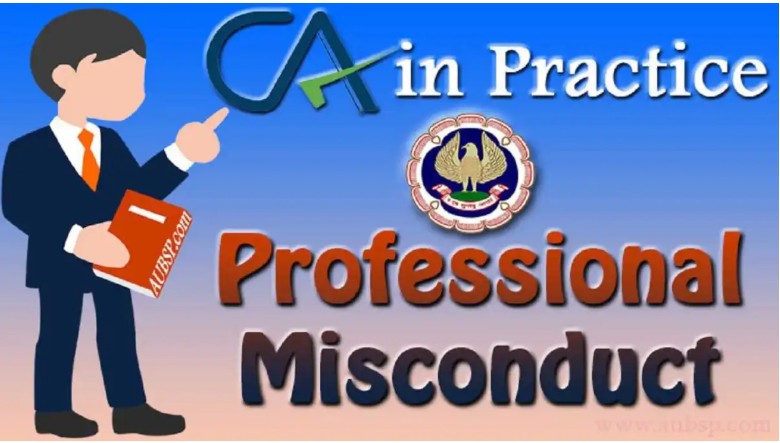K. Vinod Chandran, J.@mdashThe payment of gratuity of a retired employee and the interest payable thereon for the reason of delay in payment are the two issues arising for consideration in the above Writ Appeal. The second respondent was an employee under the appellant Corporation and admittedly, he retired from service on 30.4.2003. His DCRG was not disbursed on the ground that there is a Vigilance case pending against him. The learned single Judge has found that the Kerala Land Development Corporation Limited-Employees'' Gratuity Rules, 1984, specifically Section 4 is in pari materia with Section 4(1) of the Payment of Gratuity Act. As per the provision, extracted by the learned single Judge, the power of the employer to forfeit the gratuity of an employee is only when such employee''s services have been terminated for any act or willful omission or negligence causing loss or destruction of property belonging to the Corporation, that too only to the extent of damages or loss so caused.
2. Admittedly, there is no termination from service and even according to the appellant Corporation, the DCRG amount was withheld only on account of the Vigilance case pending against the first respondent herein. It is also stated in the counter affidavit dated 17.8.2005 that though the first respondent has submitted a request for release of DCRG and the Corporation forwarded the letter to the Government, the decision of the Government is still awaited. It is the specific contention of the Corporation in the counter affidavit that monetary loss was caused to the Corporation by the act/omission of the first respondent that has been taken cognizance of in the Vigilance case. We are at a loss to understand how monetary loss can be compensated even if, in the Vigilance case, the petitioner be found guilty. No proceedings have been taken by the Corporation to fix the liability against the first respondent before his retirement. There is also no attempt to compute the loss or damages caused. The first respondent being not proceeded against before his retirement, except for the Vigilance case, we are of the opinion that withholding of DCRG is clearly illegal. It is pertinent to note that the Corporation has not been able to point out any Rule or Regulation which prohibits the employee being proceeded with departmentally, in the event of there being a Vigilance enquiry or case registered against the employee. We now deal with the question of interest payable, which is clearly specified by the learned single Judge as being statutory. Learned counsel for the Corporation points out the proviso to Section 7(3A) of the Payment of Gratuity Act, 1972 which provides that if the delay in payment is due to the default of the employee and sanction has been obtained from the controlling authority, then no interest would be payable. There is nothing to show that the delay in disbursement of the gratuity was due to the fault of the employee in the instant case, nor is there any sanction accorded by the controlling authority which, according to the appellant, is the Government. The appellant would contend that the request of the employee for disbursement of gratuity is pending with the Government and no decision having been arrived at yet, they are unable to disburse the gratuity. For one that is not a sanction, from the controlling authority for withholding the gratuity amounts and it is also to be noticed, as pointed out by learned counsel for the first respondent, that the Payment of Gratuity Rules of the Corporation, aforementioned, by Rule 6 makes the decision of the Board to be final and binding on all employees and persons claiming under them. This makes the Board, the controlling authority under the Payment of Gratuity Rules and no such sanction is seen obtained from the Board. Though the Gratuity Rules, 1984 does not provide for any interest, it is trite that no scheme for payment of gratuity shall run contrary to the Payment of Gratuity Act and in detriment to the employee. Hence, the provision of interest under the Payment of Gratuity Act necessarily would apply to the Corporation and they are bound to pay the same; there being no default of the employee and also for the reason of having not obtained sanction from any controlling authority. The judgment of the learned single Judge is unassailable.
The Writ Appeal is dismissed. No costs.

